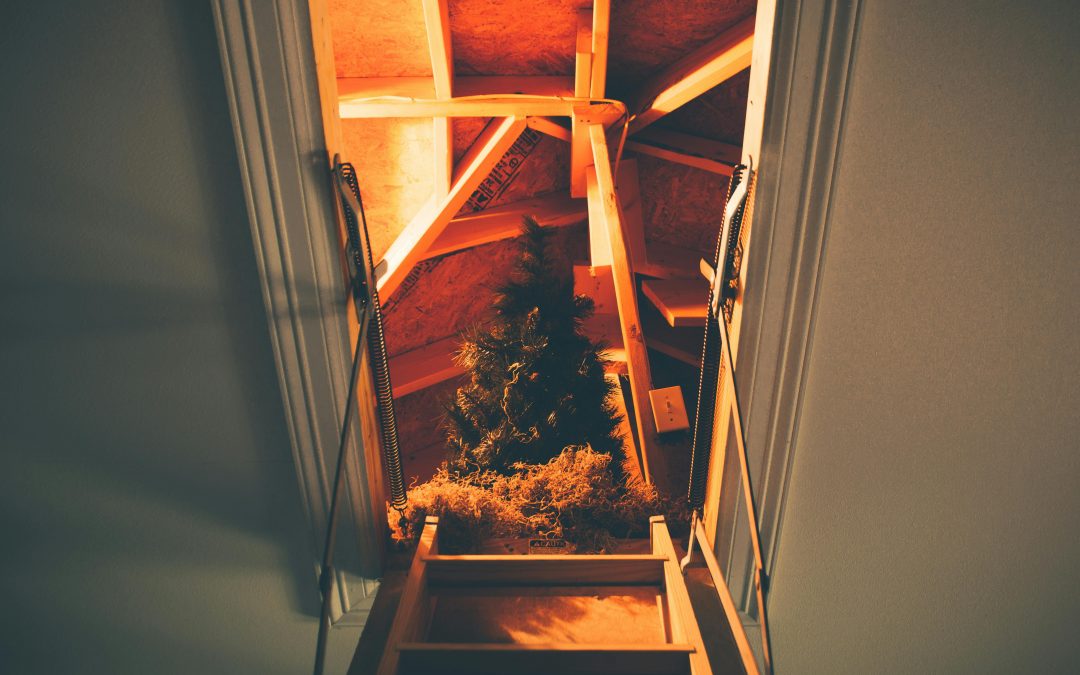Heating and cooling costs are a significant portion of home expenses, especially during extreme weather. Homeowners often seek ways to make their homes more energy-efficient, reduce utility bills, and create a comfortable living environment. Proper attic insulation is one of the most effective methods for achieving these goals. Insulation in the attic acts as a thermal barrier, helping regulate temperature throughout the home. We will explore how attic insulation services can lower heating and cooling bills by minimizing energy loss, improving HVAC efficiency, and contributing to long-term savings.
How Attic Insulation Prevents Heat Loss in Winter
Attic insulation plays a critical role in retaining heat within a home during winter. Without adequate insulation, heat generated by your heating system can easily escape through the attic, leading to increased energy use and higher heating bills. Heat rises naturally, and when it reaches the ceiling, it will look for ways to escape, often finding gaps, cracks, or insufficiently insulated areas in the attic. This heat loss forces your heating system to work harder to maintain a consistent indoor temperature, increasing energy consumption and utility costs. By adding quality insulation, homeowners create a barrier that reduces the heat that escapes. This process not only improves comfort but also helps conserve energy. A well-insulated attic can cut heating expenses by as much as 15-20%, depending on insulation thickness, material, and installation quality. Attic insulation helps trap the warmth inside, creating a more comfortable environment while keeping energy bills manageable. Over time, these savings contribute significantly to the financial stability of homeowners, as they can invest the money saved on heating costs into other home improvements or personal needs.
The Role of Insulation in Keeping Homes Cool in Summer
During summer, attic insulation is a barrier preventing excessive outdoor heat from infiltrating the home. Uninsulated or poorly insulated attics absorb heat from the sun, penetrating the home, raising indoor temperatures, and putting a strain on cooling systems. The extra load on air conditioners and fans increases energy consumption and higher utility bills. By insulating the attic, homeowners effectively block the heat from entering their living spaces, allowing the air conditioning system to maintain a cool temperature without overworking. Insulated attics help homes stay cooler longer, reducing the need for constant cooling. This reduction in air conditioning usage leads to lower electricity bills during the year’s hottest months. Insulation enhances comfort and extends the lifespan of air conditioning systems by reducing the frequency and duration of their operation. Consequently, homeowners benefit from both immediate and long-term cost savings. Proper attic insulation, therefore, becomes a practical investment, offering relief from extreme summer heat and financial relief in the form of reduced cooling expenses.
Improved HVAC Efficiency and Reduced Strain on Systems
An insulated attic contributes to a more stable indoor environment by limiting temperature fluctuations throughout the day. When insulation reduces the heat entering or leaving a home, the heating, ventilation, and air conditioning (HVAC) systems can operate less frequently. Reduced strain on HVAC systems means that they function more efficiently, with less wear and tear, which can lead to a prolonged lifespan for these systems. This, in turn, reduces maintenance costs and the likelihood of needing costly repairs or early replacements. An HVAC system that runs less frequently consumes less energy, directly impacting heating and cooling costs. By keeping a consistent temperature, attic insulation also helps HVAC systems to operate at peak efficiency levels, ensuring that the system’s energy use aligns with the household’s actual needs. With better efficiency, homeowners can experience increased savings on their monthly bills and benefit from a more resilient heating and cooling system that will serve them reliably for years to come.
Long-Term Financial Savings from Attic Insulation
The financial benefits of attic insulation extend beyond monthly utility bills, as proper insulation leads to long-term savings over the lifespan of a home. Insulation can last for decades if installed and maintained correctly, providing a stable return on investment through continual energy savings. Homeowners who insulate their attics may find that the initial cost of insulation services is offset within a few years due to the reduction in heating and cooling costs. Additionally, many energy providers and government agencies offer incentives, rebates, or tax credits for home insulation projects, further increasing the affordability of attic insulation. These financial incentives help reduce upfront installation costs, allowing homeowners to see a quicker return on investment. Furthermore, an energy-efficient home with a well-insulated attic often has a higher resale value, as prospective buyers recognize the appeal of reduced energy costs and enhanced comfort. Thus, attic insulation benefits current homeowners and increases the property’s value in the real estate market.
Investing in attic insulation services is a practical and effective way to reduce heating and cooling bills while enhancing a home’s overall comfort and energy efficiency. Proper insulation helps retain heat during the winter and prevent excessive heat from entering during the summer, reducing the workload on HVAC systems and lowering energy consumption. Beyond immediate utility bill savings, attic insulation contributes to long-term financial gains by prolonging the HVAC lifespan, enhancing property value, and qualifying for potential rebates or incentives. Additionally, insulated homes contribute to a cleaner, more sustainable environment by reducing reliance on fossil fuels. Therefore, Attic insulation services offers a comprehensive solution for homeowners seeking financial savings and environmental responsibility.

Recent Comments